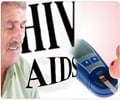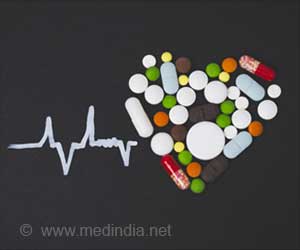The new study investigated heart failure risk in people with HIV and how that risk varies by age, gender, race, and ethnicity.

‘The higher heart failure risk was not because people with HIV had more risk factors for heart disease or just experienced more heart attacks.’





Most of the research in this area has focused on the risk of stroke and heart attacks. While this study investigates the cardiovascular impacts for people with HIV extend to end-stage conditions such as heart failure.Researchers identified 38,868 people with HIV who were Kaiser Permanente members between 2000 and 2016 in one of 3 regions: Northern California, Southern California, and the Mid-Atlantic States.
Next, they matched each person with up to 10 Kaiser Permanente members from the corresponding region who were the same age, gender, and race but did not have HIV; this group included 386,586 people. Lastly, they identified the people in both groups who had developed heart failure during follow-up.
The study found that people with HIV were 68% more likely to develop heart failure than people who did not have HIV, and people who were age 40 or younger, female, or of Asian or Pacific Islander ethnicity were at the highest risk.
The data also suggests HIV may have a greater impact on their cardiac function in women than it does in men, due in part to hormonal regulation and enhanced myocardial fibrosis, but that needs to be investigated further.
Advertisement
This study highlights why it is important for people with HIV and their health care providers to be aware that shortness of breath, fatigue, leg swelling, coughing, and chest pain can be signs of early heart failure.
Advertisement
Despite receiving excellent preventive care, HIV patients are still at a higher risk of heart failure and need more research to find even earlier interventions.
Source-Medindia














